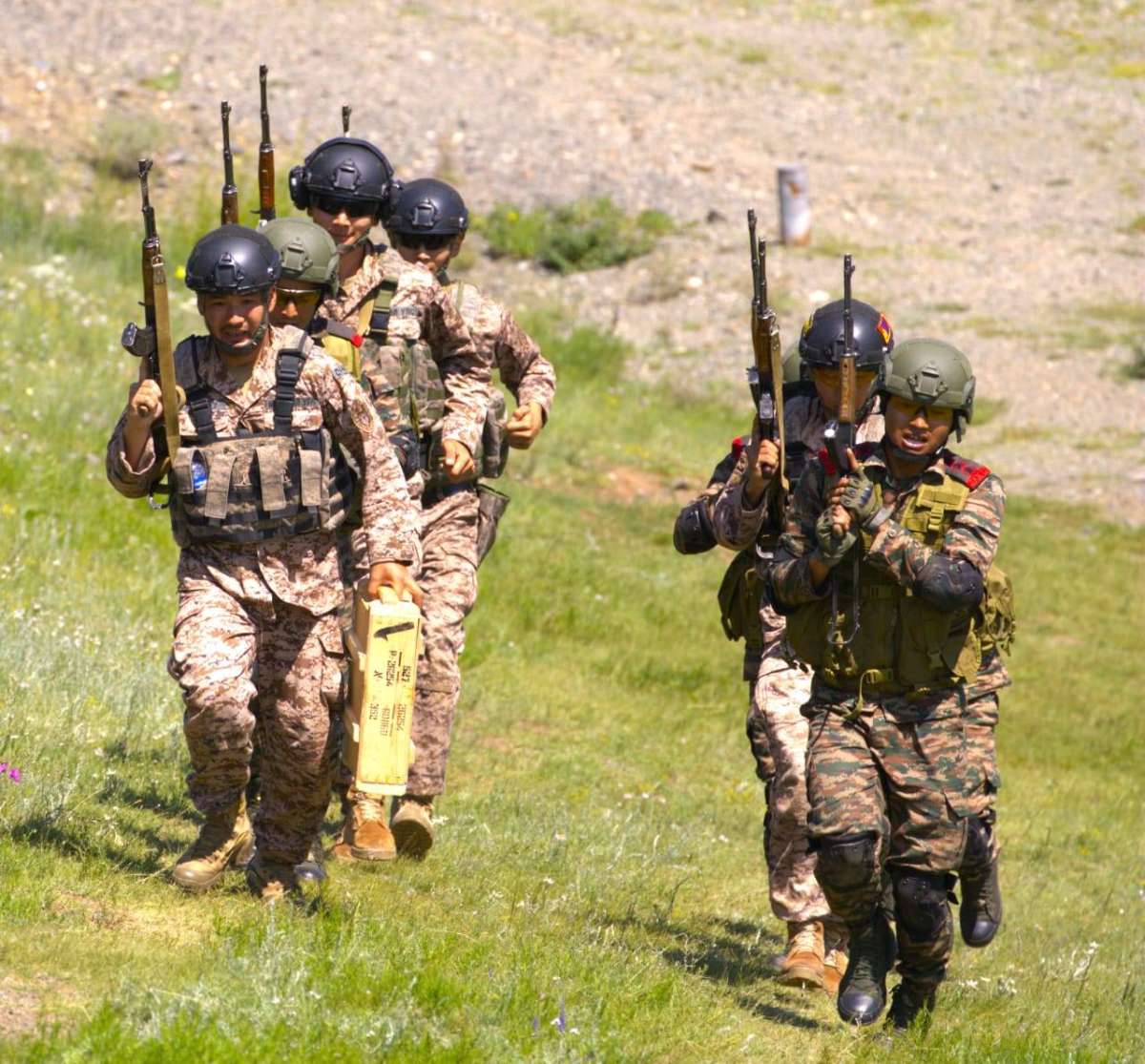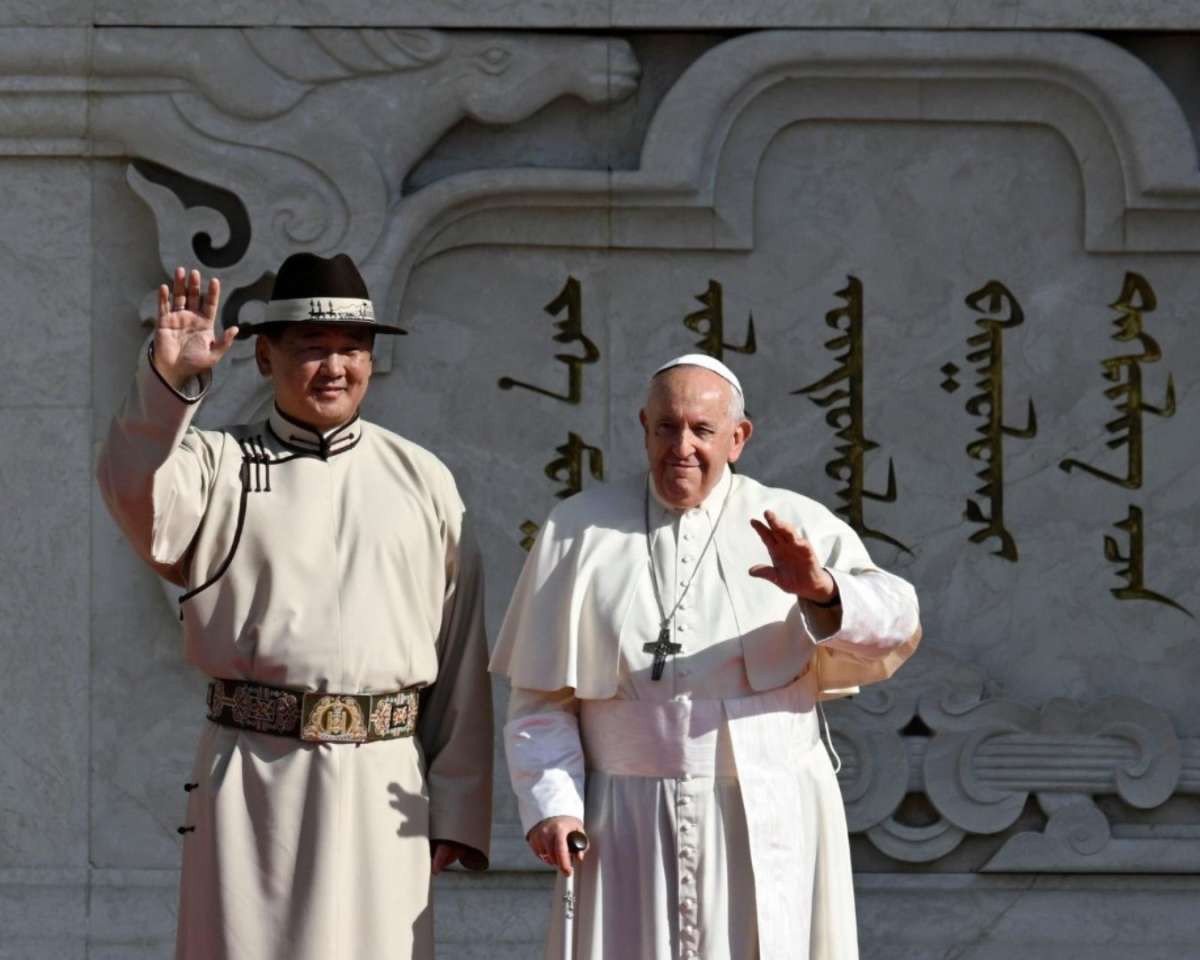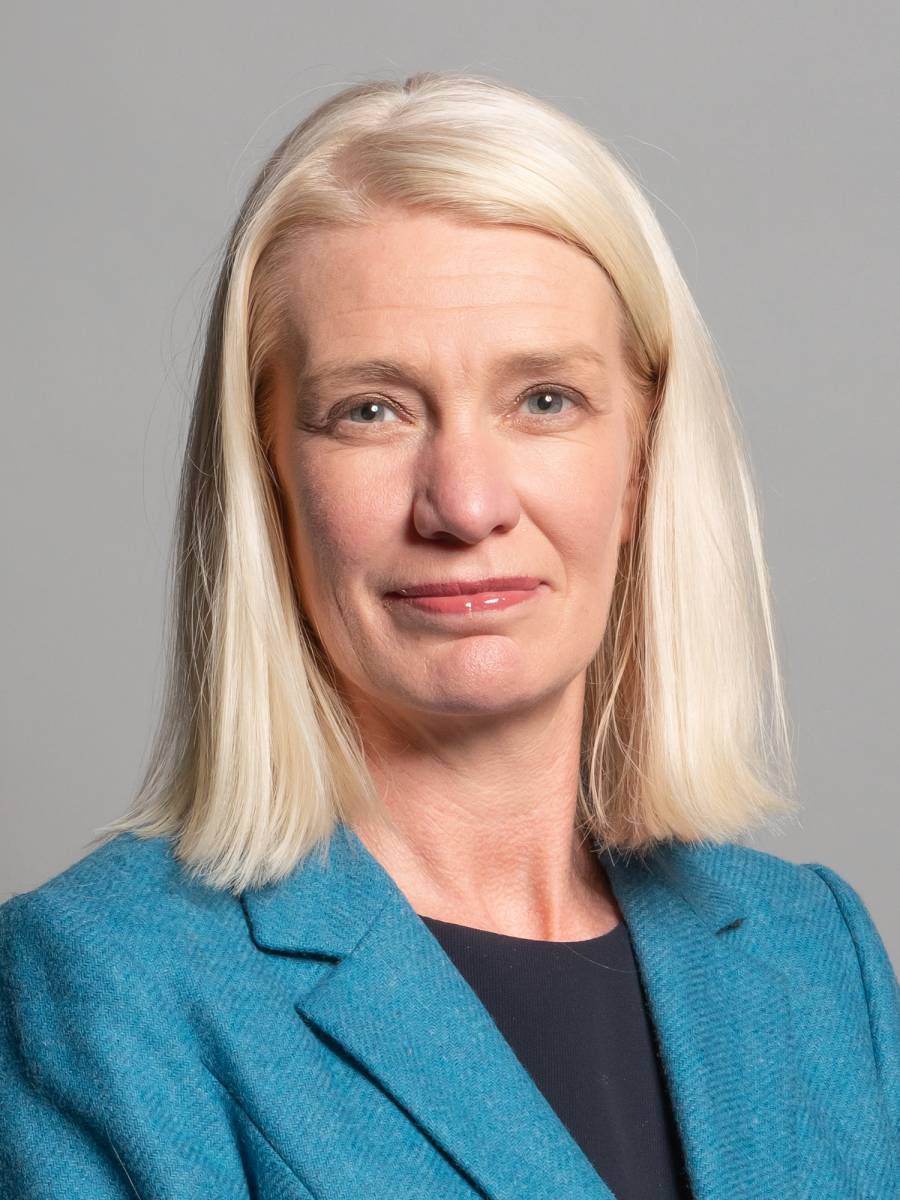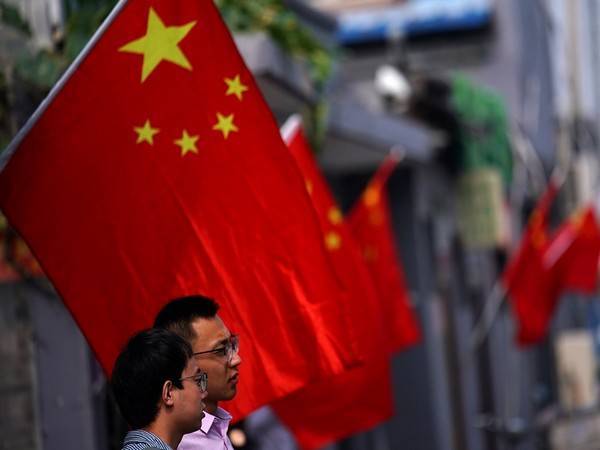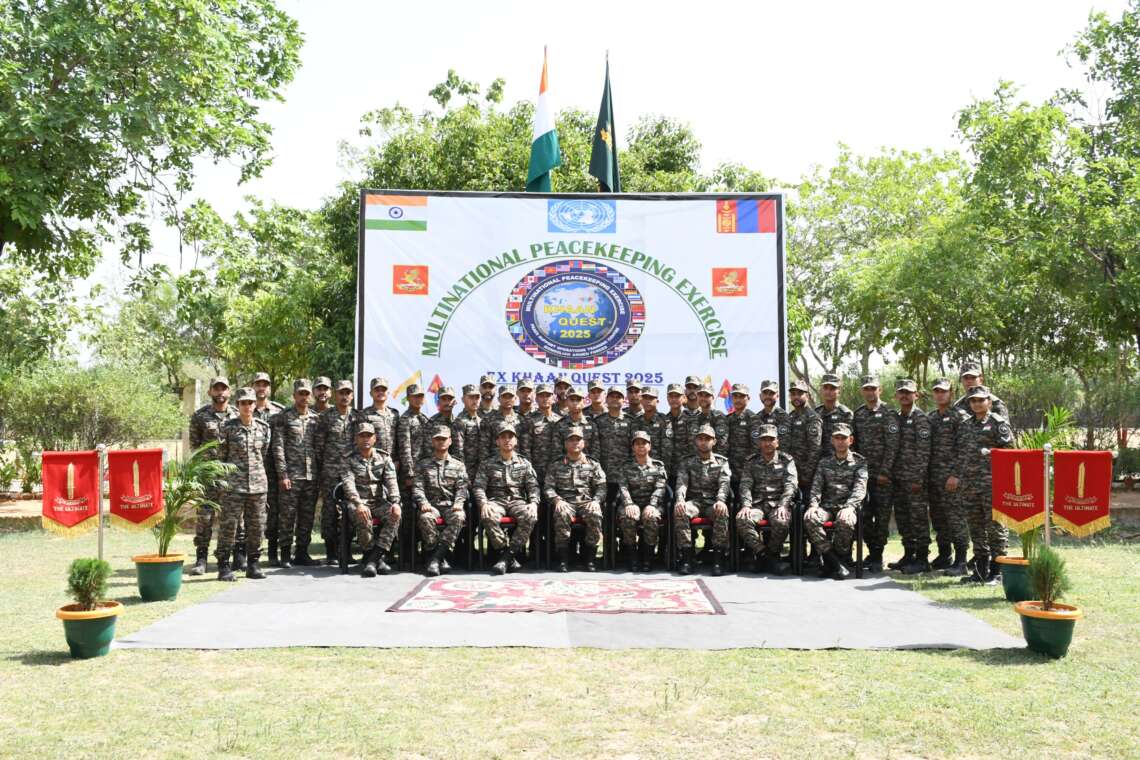
India joins war games in Mongolia
From mountain drills to monastery ceremonies, India deepens defence and spiritual links with Mongolia in a landmark series of engagements this June. India and Mongolia have entered a renewed phase of strategic


